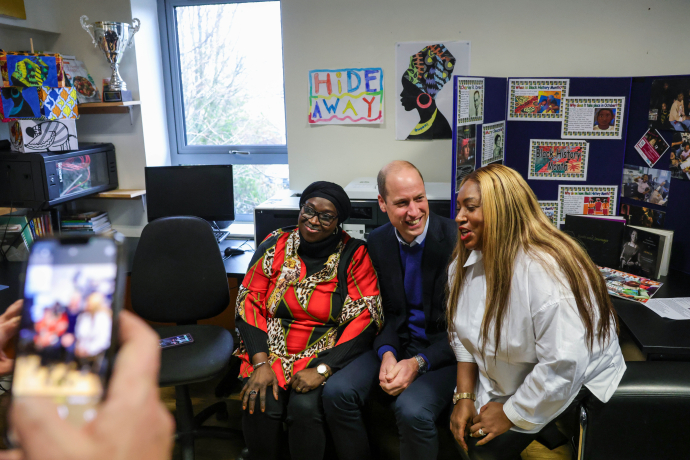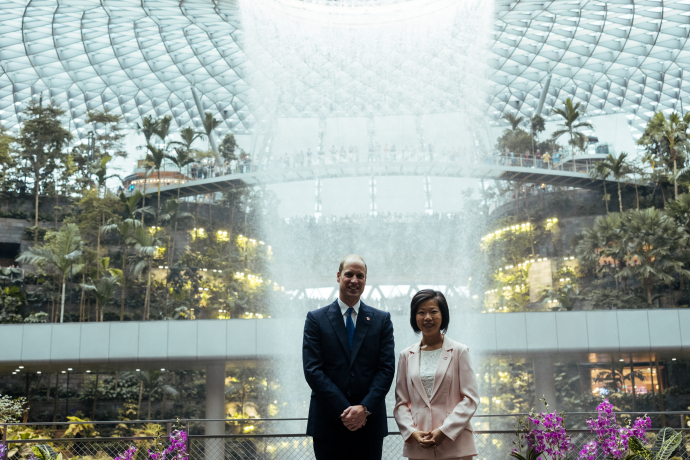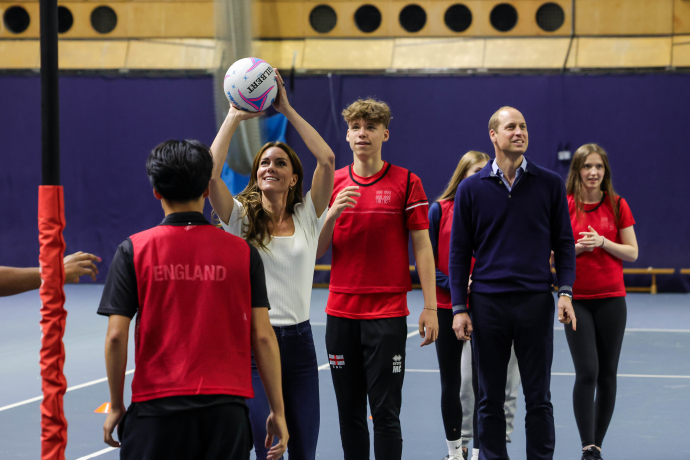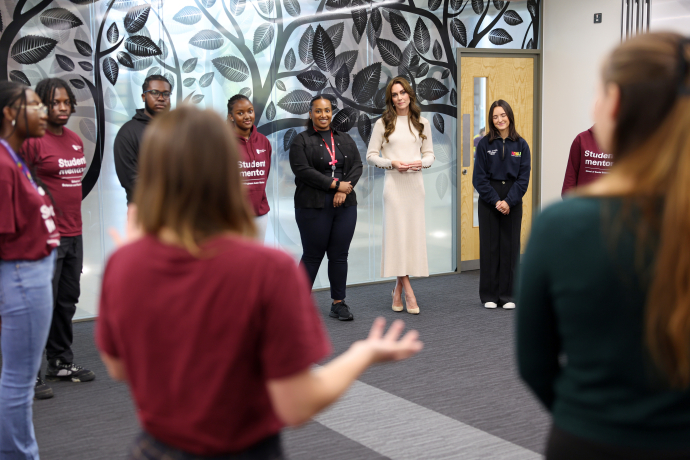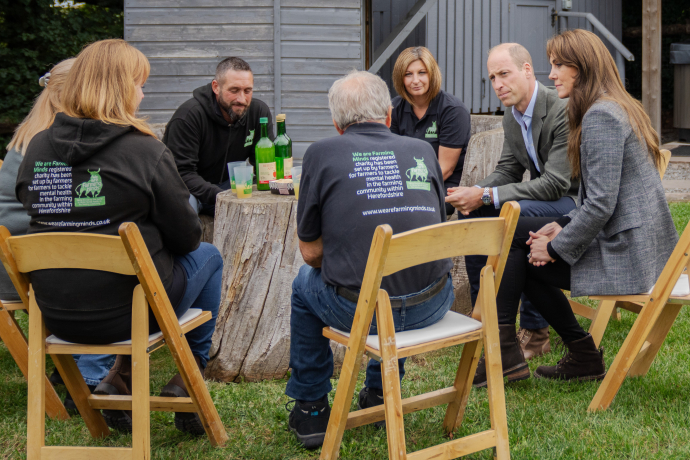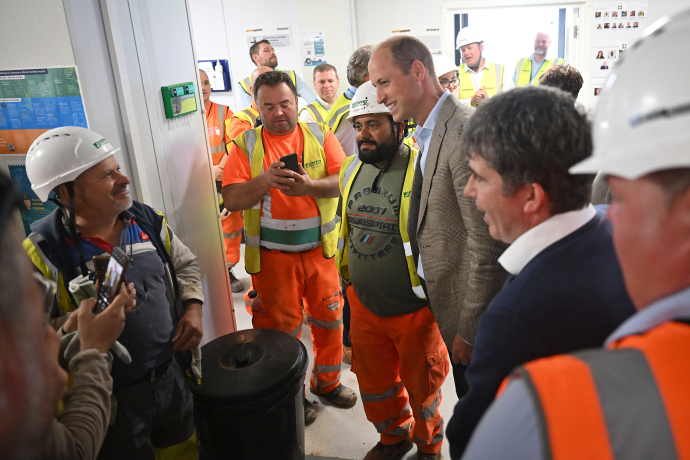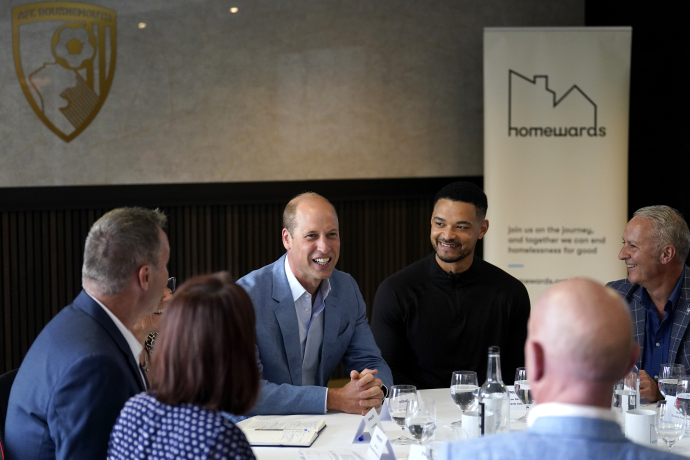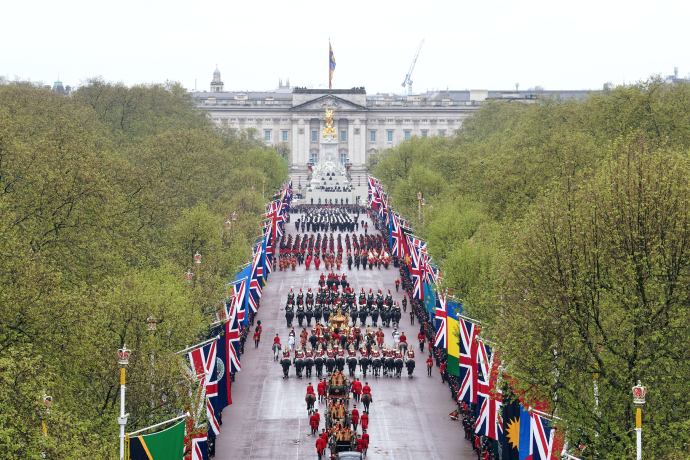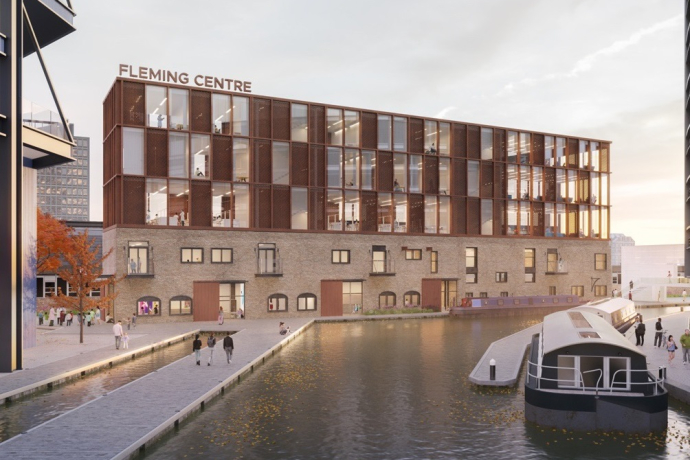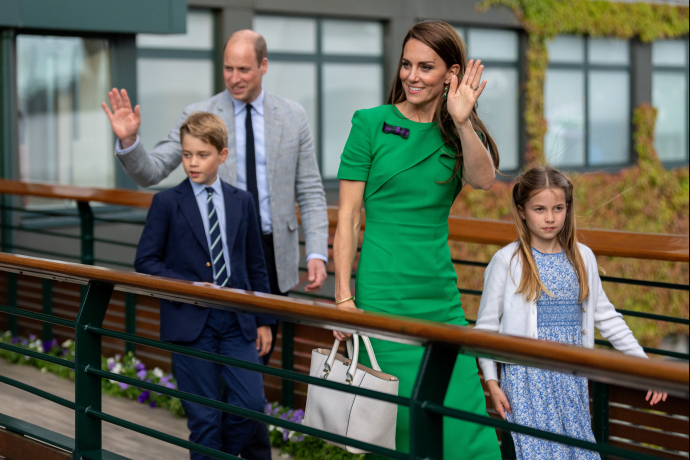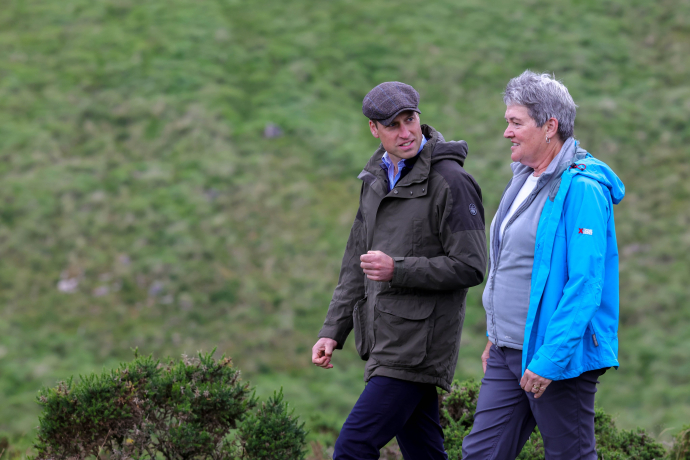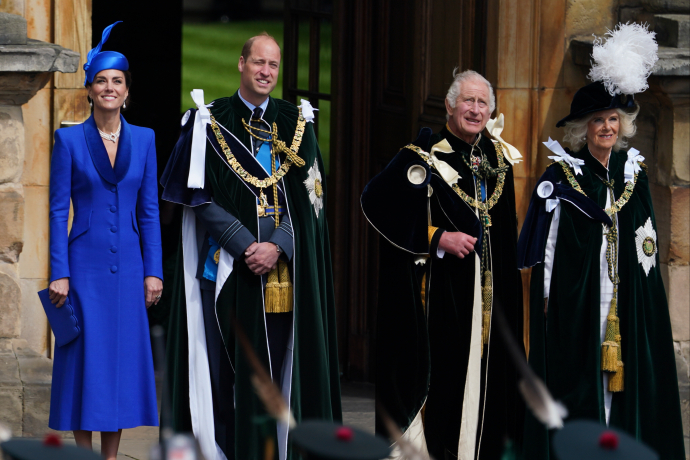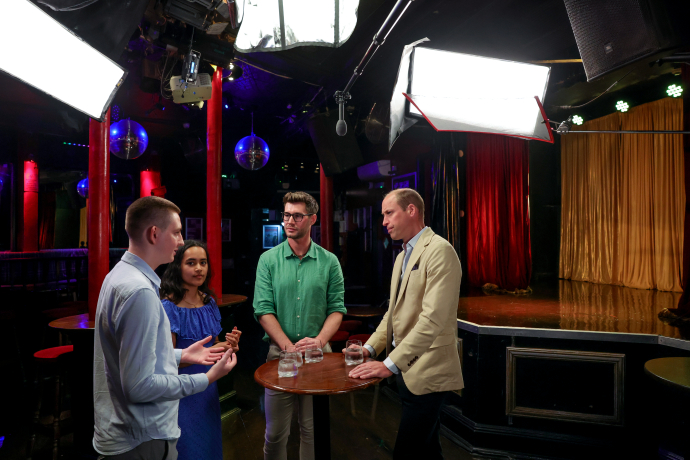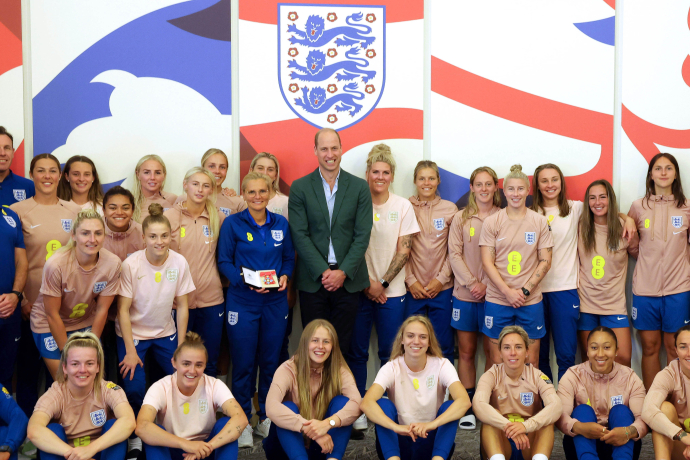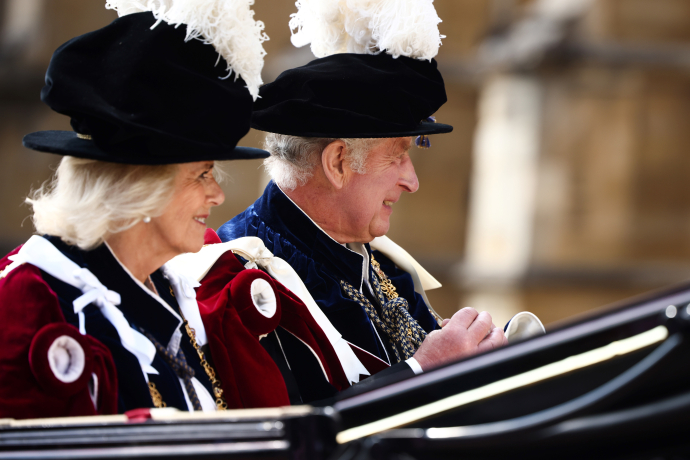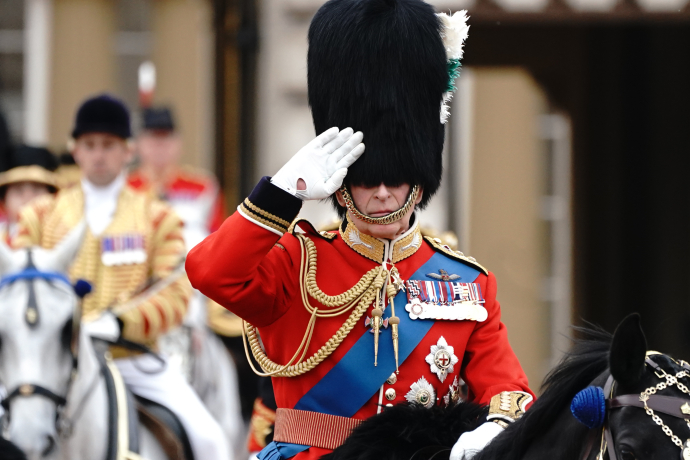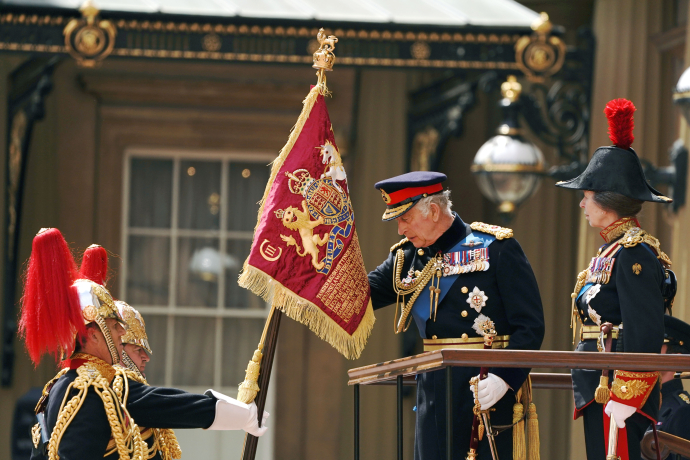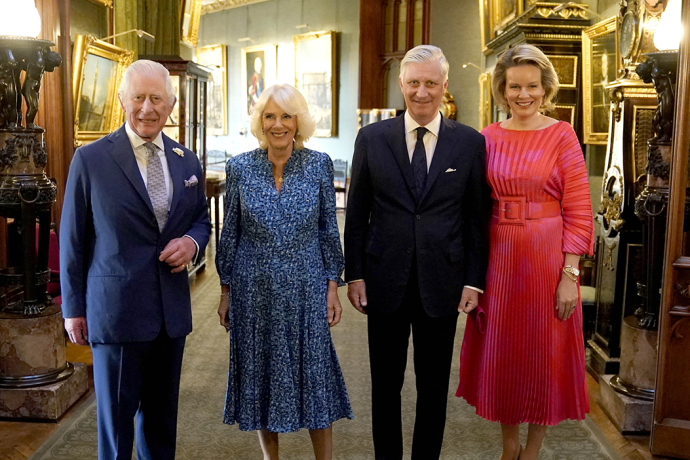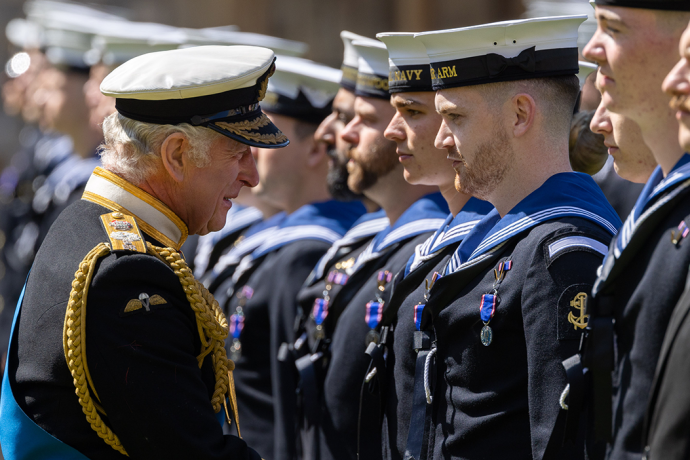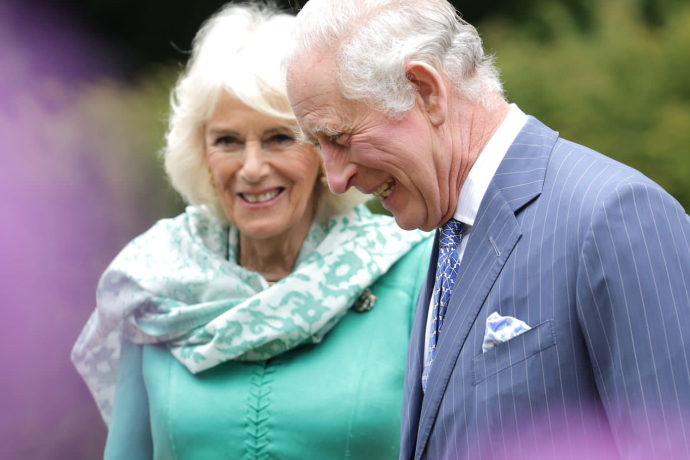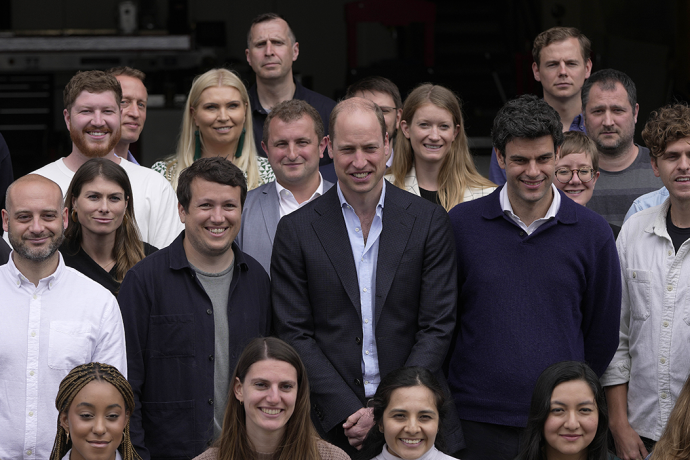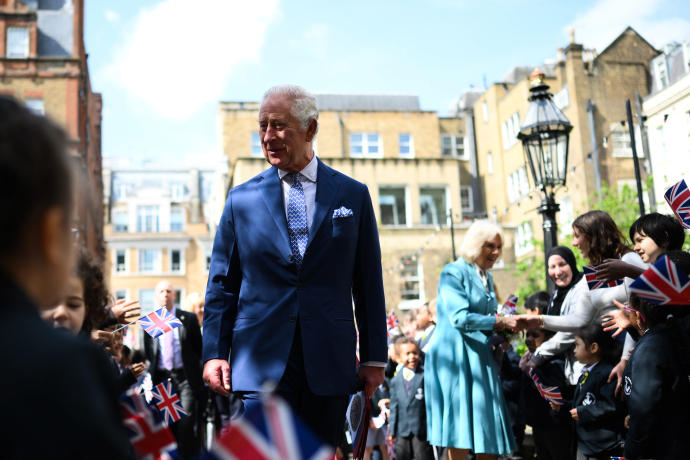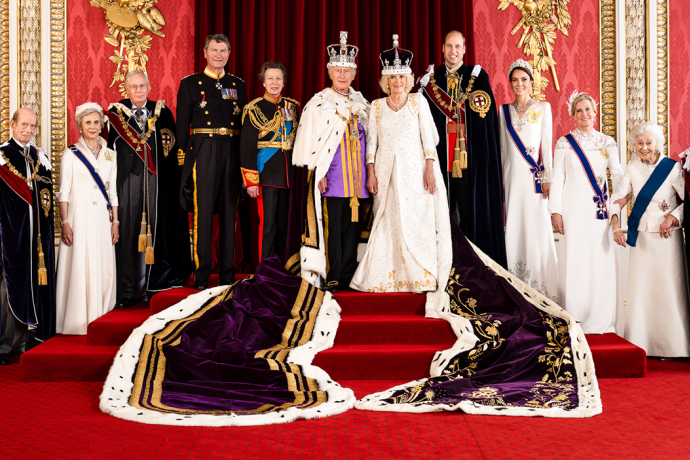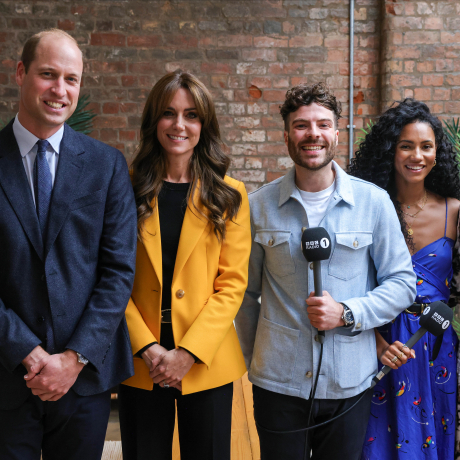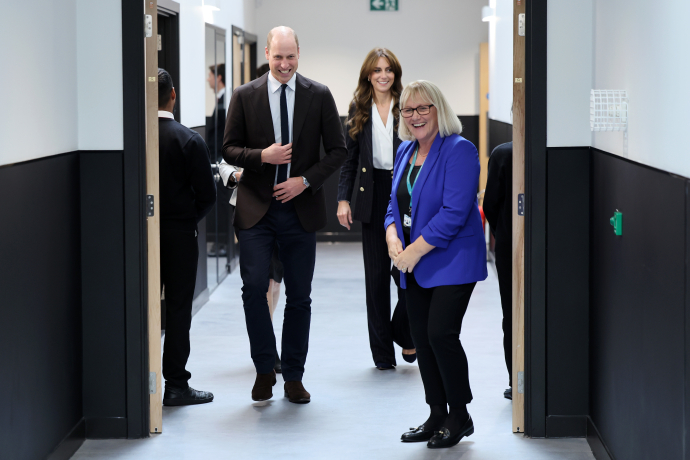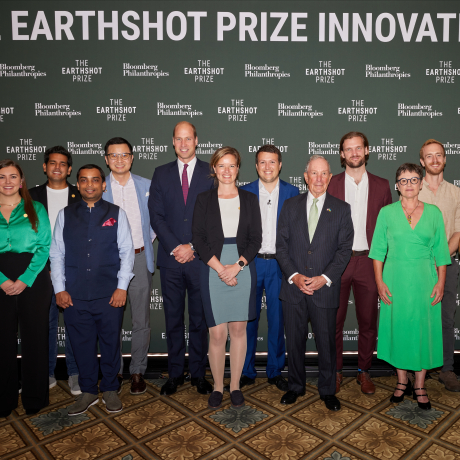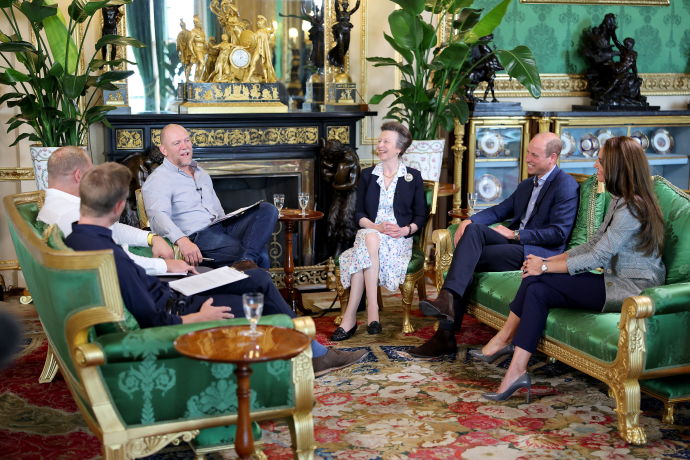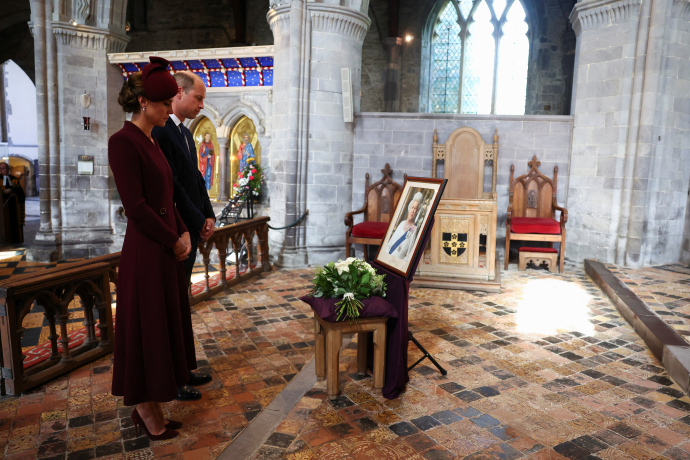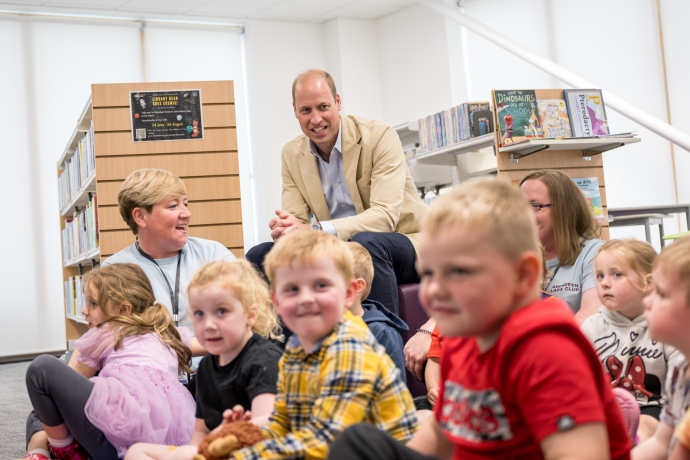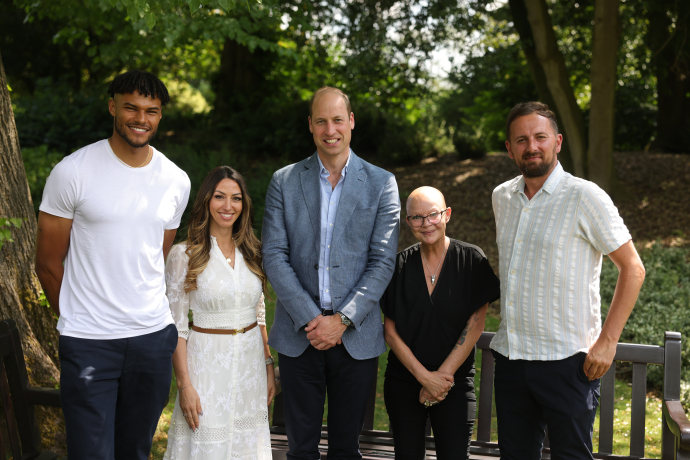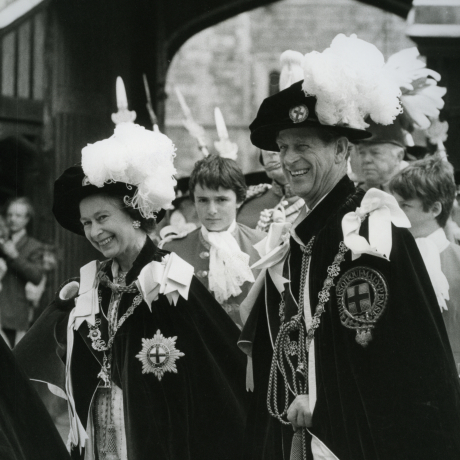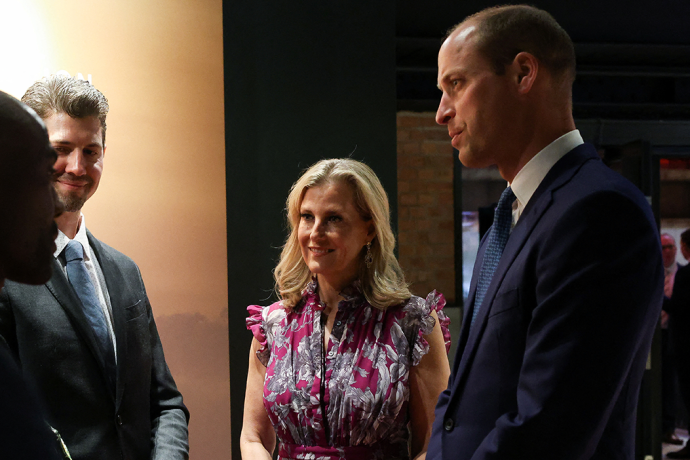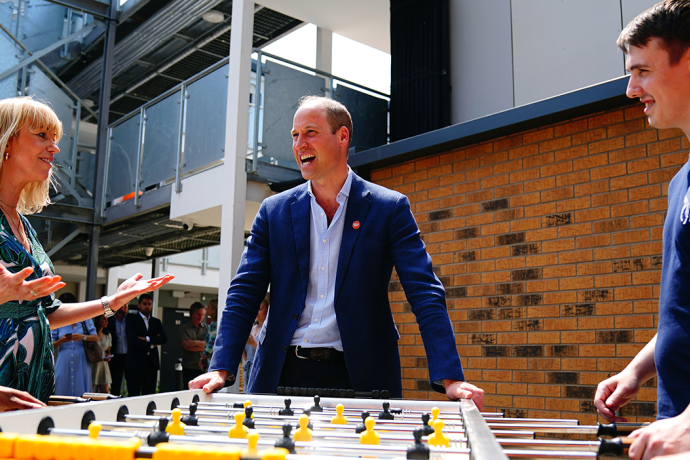A speech by The Duke of Cambridge at the 2018 Tusk Conservation Awards, London
Published
Thank you Kate. Good evening ladies and gentlemen.
Catherine and I are delighted to be here again at the Tusk Conservation Awards. It is always a pleasure to help celebrate the exceptional achievements of the award winners and finalists.
I would like to acknowledge the support of all tonight’s sponsors, particularly Investec Asset Management and Land Rover, for continuing to make this evening possible. Thank you for your generosity.
As ever, I am inspired and humbled by the sheer dedication and commitment that our 2018 nominees have demonstrated. It never ceases to amaze me how they achieve so much against the odds and with so few resources.
But tonight is also time for sober reflection. It was deeply moving to read the names of the men and women who have made the ultimate sacrifice for conservation. Their deaths are a terrible and tragic loss.
Amongst the names listed were two leading investigators, Esmond Bradley Martin and Wayne Lotter. Each of them had worked tirelessly in the battle against the illegal wildlife trade. Their deaths, like all of the rangers, represent a huge loss to the conservation world.
Esmond was the first person to highlight the scale of the international consumer demand for ivory and rhino horn back in the 1980s. And Wayne’s dedication to tackling poaching meant he became a target for the traffickers he was trying to expose. We should all be inspired by the courage that Wayne’s partner Krissie is showing as she continues this important work.
As with many of the rangers who lost their lives this year, both Esmond and Wayne would surely have been worthy recipients of a Tusk award. Tonight we remember their bravery and selfless commitment.
A few weeks ago I was lucky enough to visit Namibia and Tanzania to see some programmes that Tusk supports for myself.
In Namibia it was fantastic to see desert rhino roaming freely in the beautiful, Mars-like landscape of the Kunene Region. Even if Charlie Mayhew did make me get up at 5am and take a 5-hour round trip to see a rhino for only 30 seconds!
I met many Namibian conservationists who are doing inspiring work in Kunene to increase the benefits for local communities. It was music to my ears to hear the women and elders of the People’s Park Initiative describe wildlife as an important economic asset that they had to protect for generations to come.
And in Tanzania, I saw how Mkomazi, a once decimated game reserve, has been successfully rehabilitated into a National Park. Mkomazi’s vibrant outreach programme is teaching school children from neighbouring communities to respect and protect the magnificent wildlife and habitats on their doorstep.
This sort of work on the front-line remains crucial if we are to succeed in protecting the world’s iconic and endangered species.
It was great to see so many countries come together to reaffirm their commitments at the Illegal Wildlife Trade Conference, here in London, last month. But for the tide to really turn on the trade, we require consistent, global political leadership and action. Recent announcements that weaken commitments on rhino horn and tiger parts are deeply concerning. We must fiercely protect the fragile gains we have made.
These gains are even more important in the face of last week’s Living Planet Report. This was a stark reminder that in just 40 years we have destroyed 60% of the world’s mammals, fish, birds and reptile species.
Our own survival is reliant on our ability to reverse the terrifying decline in the world’s biodiversity. Modern human society as we know it depends on natural resources to survive and thrive. As the report says - ‘nature is not just a nice to have’.
Two years ago at this event, Sir David Attenborough warned that man is losing his own connection with nature.
The IPCC’s recent report was the loudest warning bell yet from the scientific community that we must act now. The clock is ticking towards a tipping point when the impact of what we are doing will become dangerously irreversible.
Whether we are living in an urban or rural environment, nature matters to us all. We have a responsibility and an obligation to the next generation to drastically reduce the extent to which we plunder the planet’s natural resources.
I am convinced that we have it in our power to reverse this trend. As the late Paul Allen, a great conservation philanthropist, said: “As long as we work together – with urgency and determination – there is no limit to what we can achieve.”
Let me finish by congratulating the winners and finalists again for their incredible work and achievements. We can only hope to shine a spotlight on a few each year through these awards. But in doing so, we rightly continue to uncover some of the unsung heroes of conservation in Africa.
Thank you.
Related content
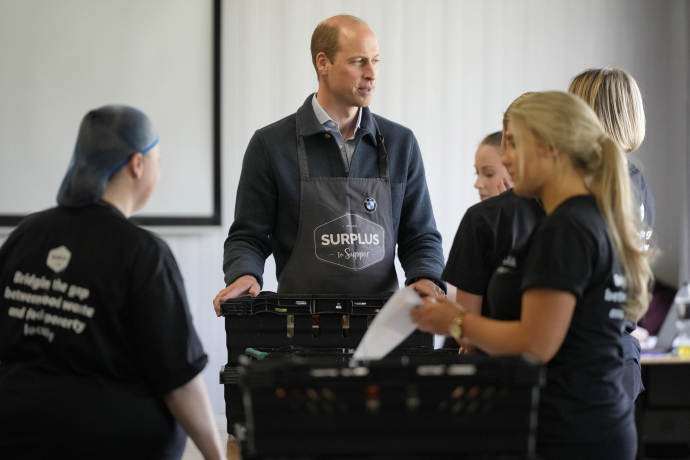
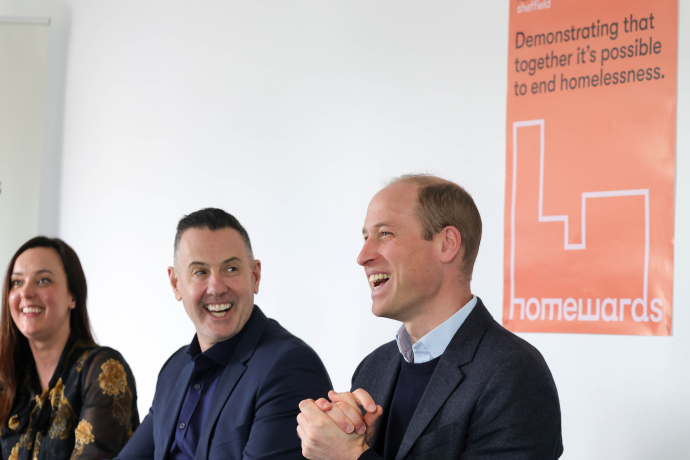
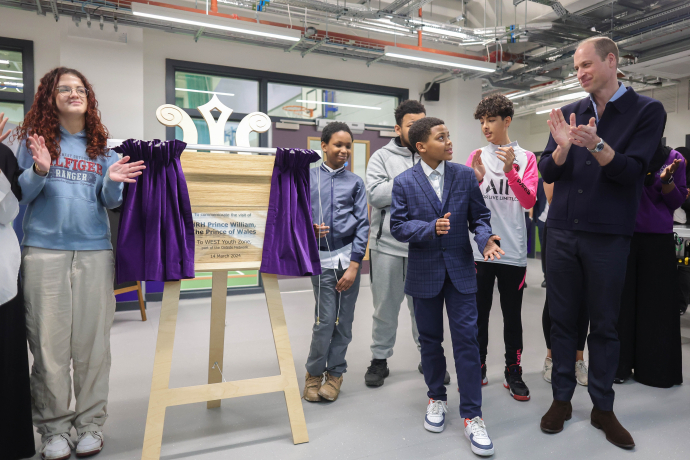
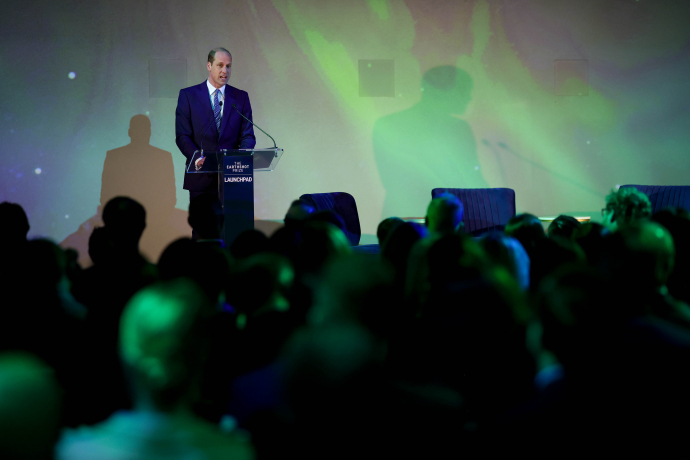

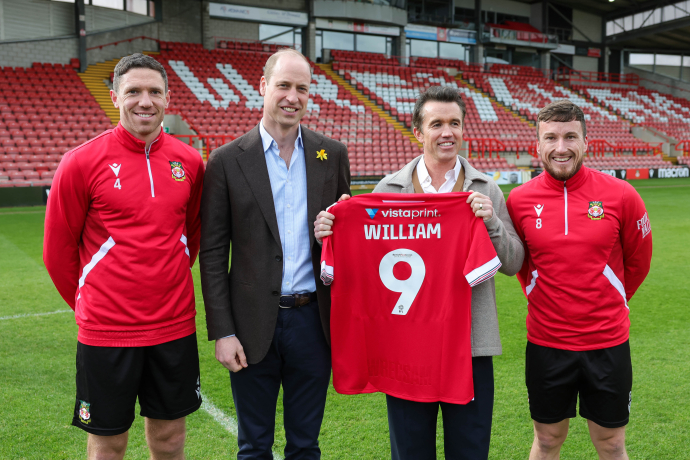
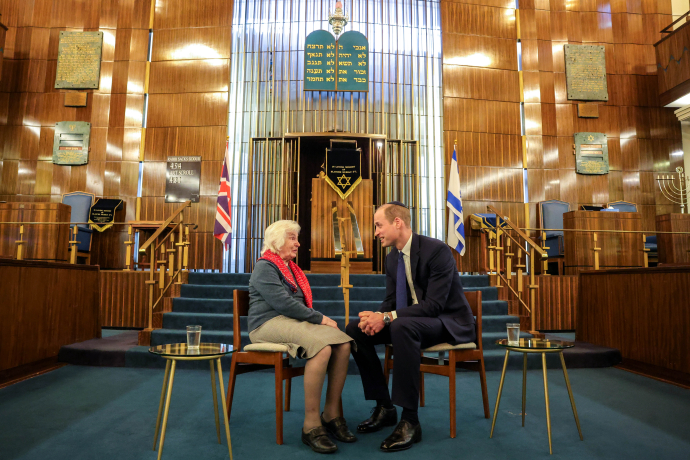
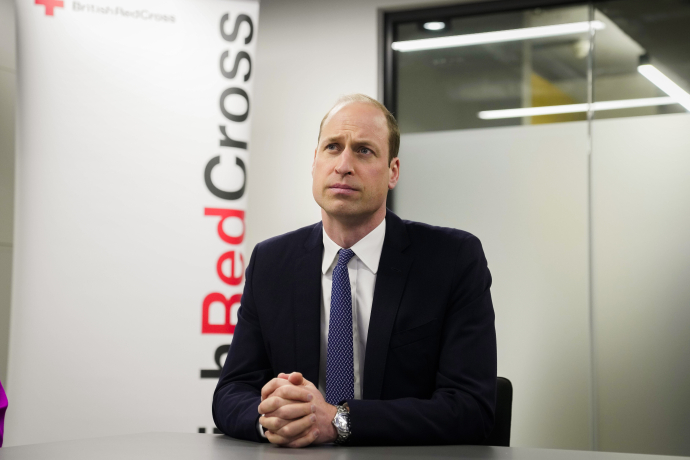
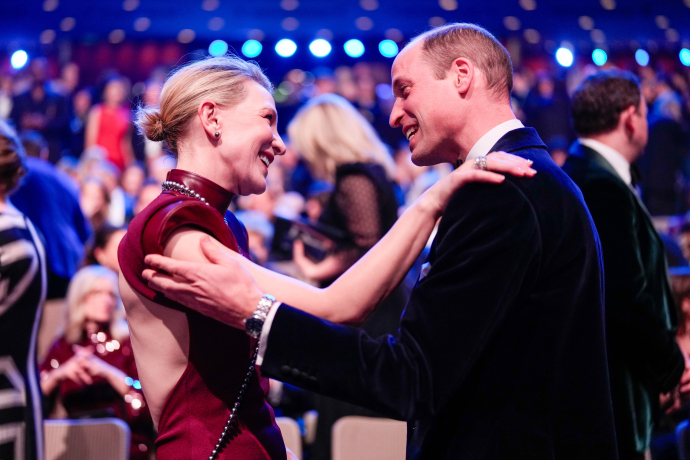
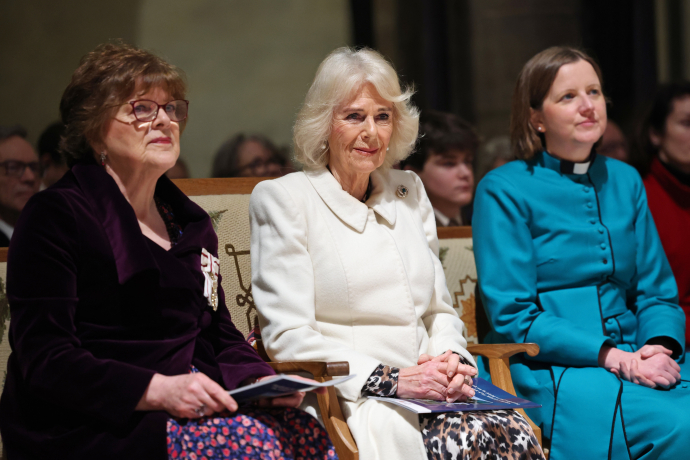
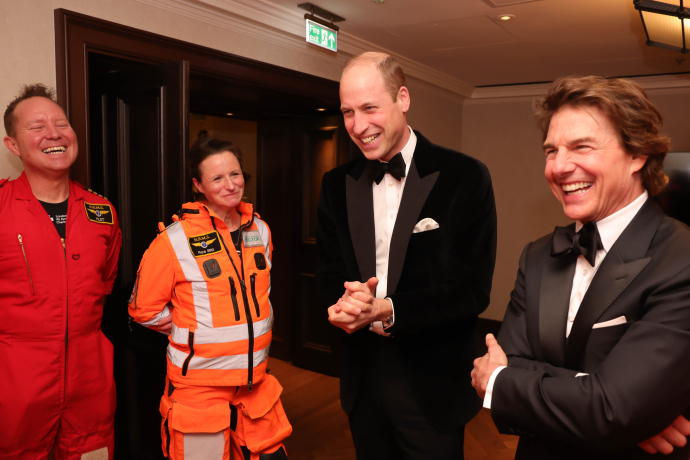
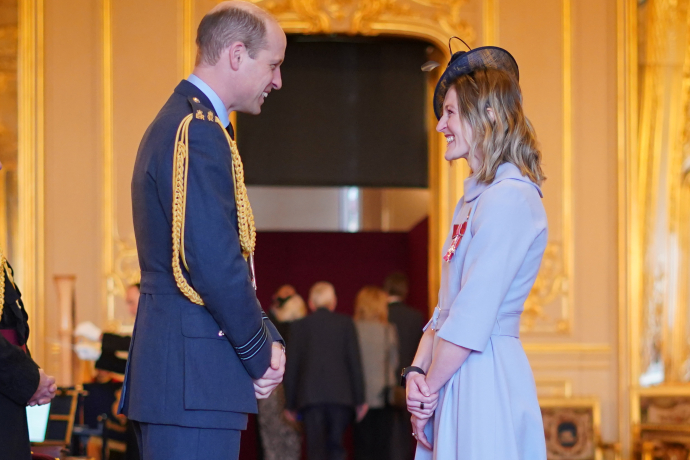
The Prince of Wales visits Manchester, launching latest Community Impact Project
16 November 2023